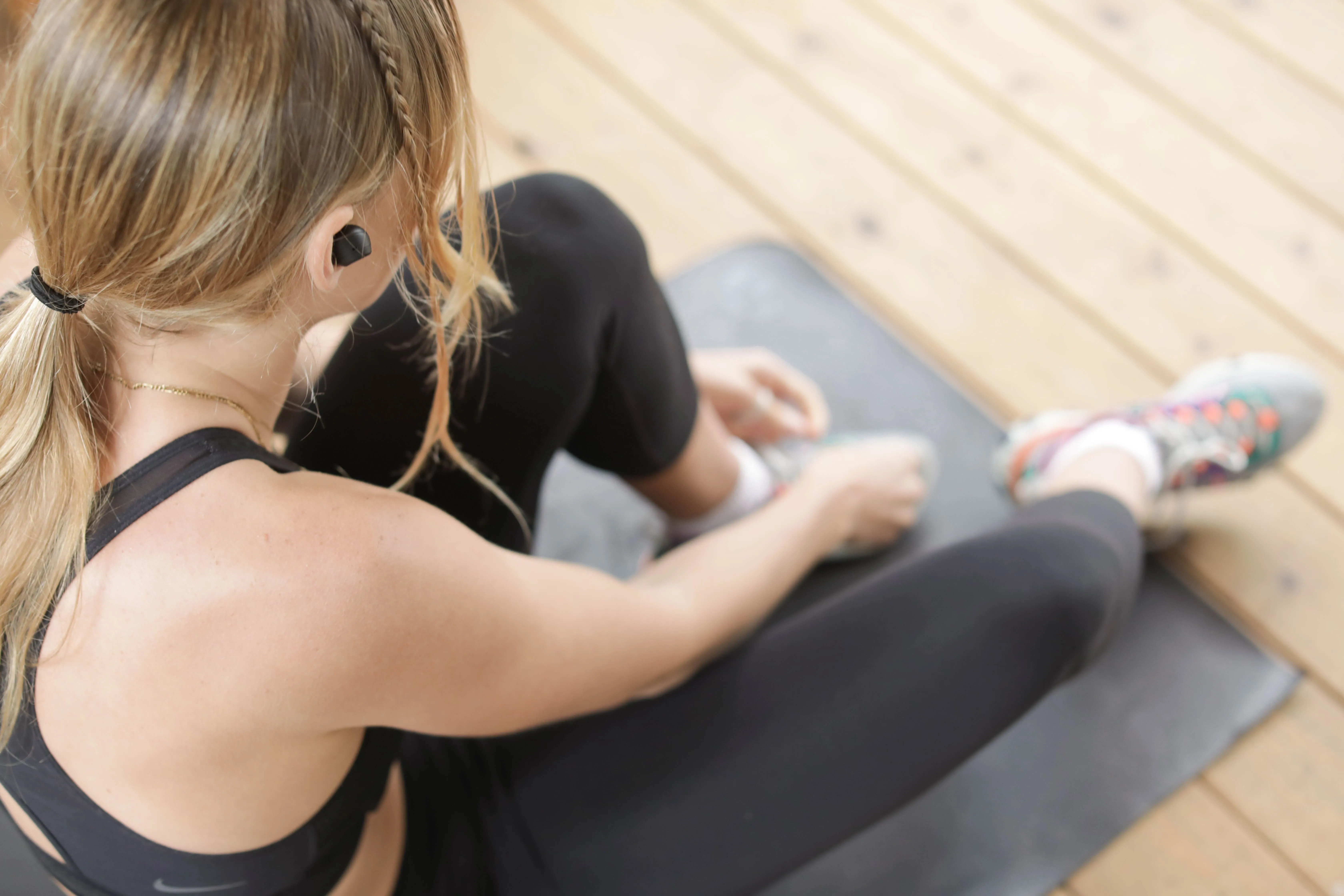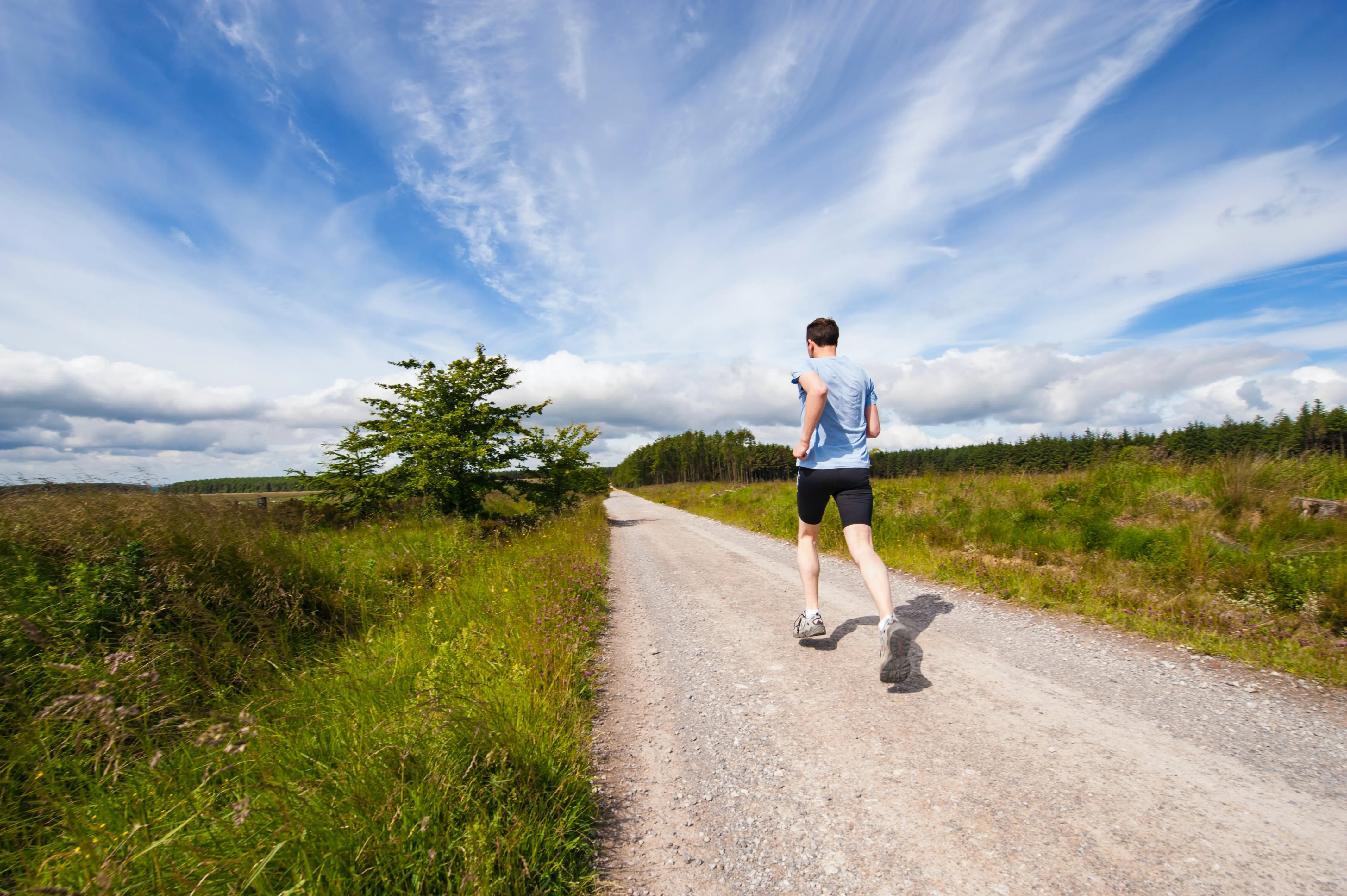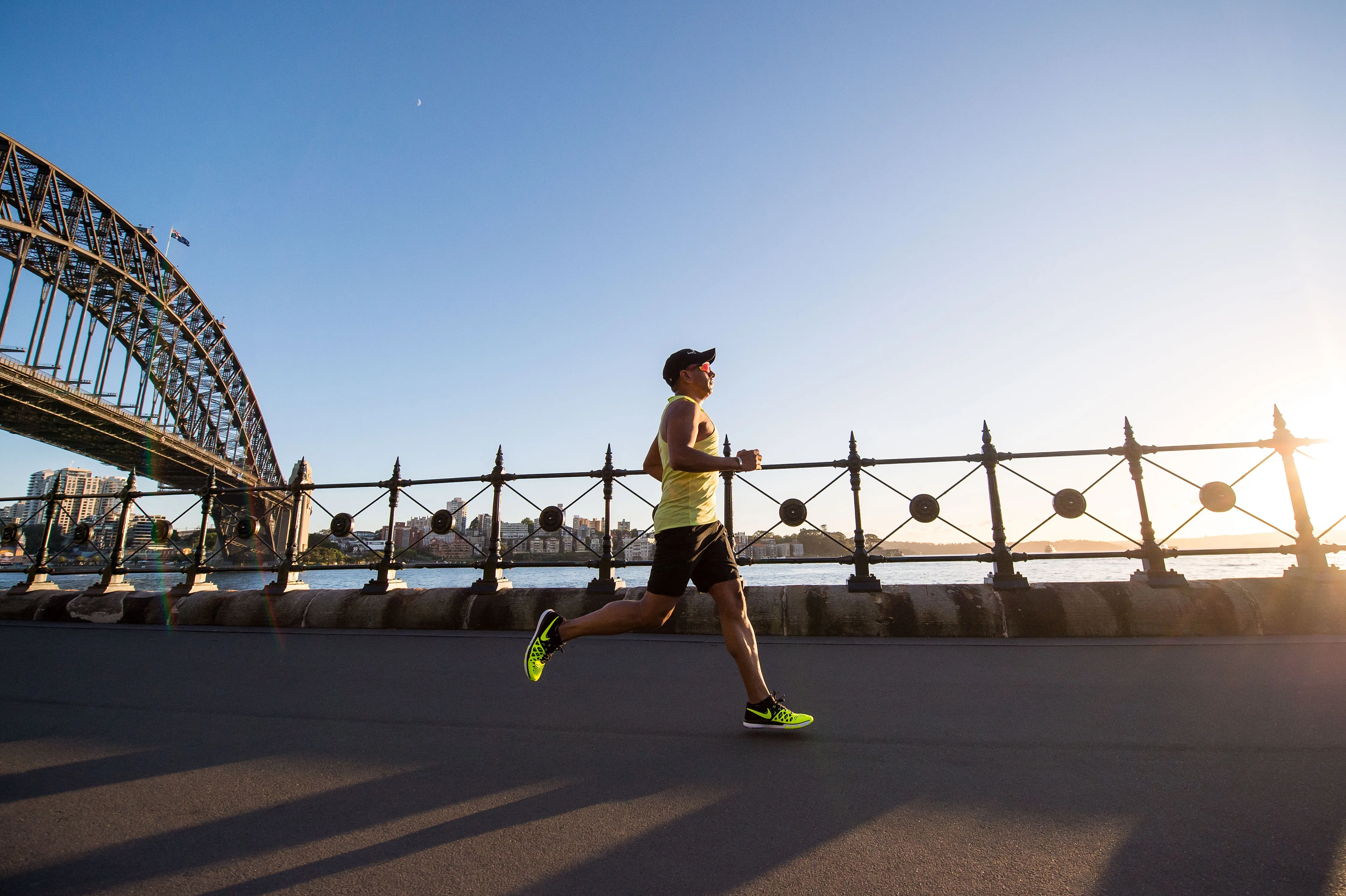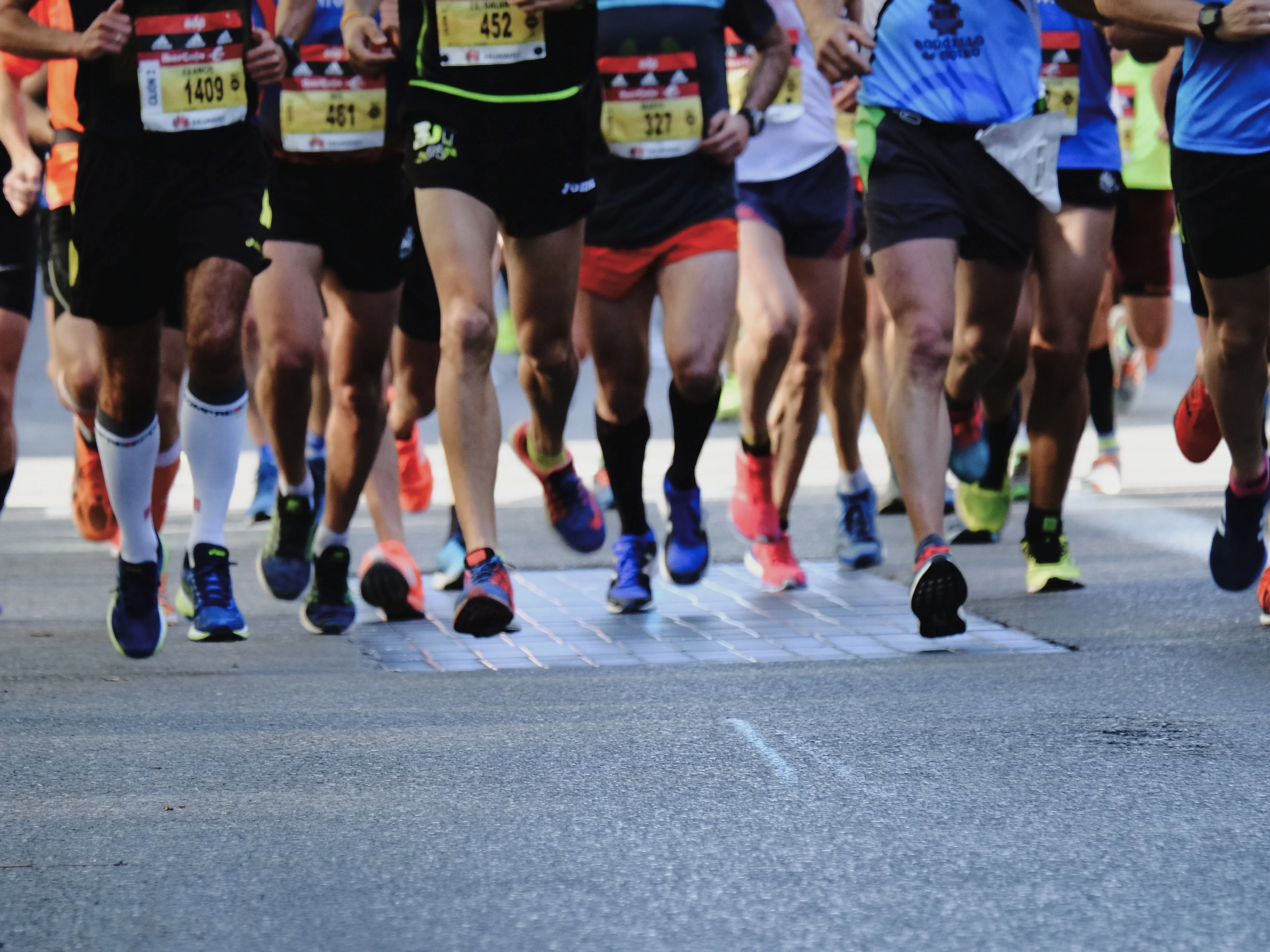
Sleep is a crucial aspect of overall wellness, but many struggle with achieving quality rest each night. Interestingly, the benefits of regular physical activity, specifically running, reach beyond cardiovascular health and weight management. Running has been shown to improve sleep quality and quantity, creating a bidirectional relationship that can enhance athletic performance and overall health.

The Science: How Running Influences Sleep
Exercise, including running, aids sleep by initiating fatigue. Upon reaching a point of physical exhaustion, our bodies instinctively crave rest, which can significantly aid those suffering from insomnia. Physical exertion has also been found to extend deep sleep, the most restorative phase of our sleep cycle.
In a study conducted by Northwestern University, regular exercise was found to reduce symptoms of insomnia, increase sleep time, and improve sleep quality among a group of poor sleepers. Another study published in the Journal of Clinical Sleep Medicine revealed that moderate-intensity aerobic exercise, like running, could increase the length of sleep by nearly an hour for individuals with chronic insomnia.

When to Run for Optimal Sleep
The optimal time to run for better sleep is a subject of much debate. Morning runners argue that starting the day active yields a sense of accomplishment and motivation that lasts the entire day. The endorphin boost can reduce stress and lead to positive energy throughout the day.
Nighttime runners, on the other hand, may sleep better due to the profound physical fatigue following a physically demanding run. However, it is crucial to time these runs correctly. Running raises body temperature, stimulates the heart, brain and muscles, and prompts the release of endorphins, making it harder to fall asleep immediately after a run. Therefore, it’s usually recommended that you complete your run at least 1-2 hours before bedtime.
Proper Recovery: Sleep’s Role in Running Fatigue
Recovery, particularly in the form of sleep, is just as important as the run itself for athletes. During deep sleep, growth hormones are released to repair muscles, tissues, and stimulate growth. Sleep also plays a critical role in energy restoration, memory retention, and overall mood enhancement.
Sleep deprivation can hinder marathon times, reduce workout intensity, limit athletic progress, reduce mental agility, and heighten injury risk, among other drawbacks. Therefore, establishing a sleep hygiene routine is paramount for those integrating running into their lifestyles.
Taking Advantage of the Sleep and Running Connection
Given the strong relationship between running and sleep, it’s essential to create a healthy routine that balances both. Establish a running schedule that suits your lifestyle and promotes better rest at night. Also, consider your diet, hydration levels, and wind-down strategies in the evenings. Remember, consistency is key in reaping the benefits of running on your sleep quality.
Whether you’re an experienced runner or lacing up your shoes for the first time, understand that sleep can either be an enabling or crippling factor in your running journey. Both sleep and exercise are integral facets of overall health, and their relationship should not be overlooked.
Remember that as you set off on your running journey, your effort and dedication on the pavement and in the bedroom are equally valuable in maximizing your running benefits.





